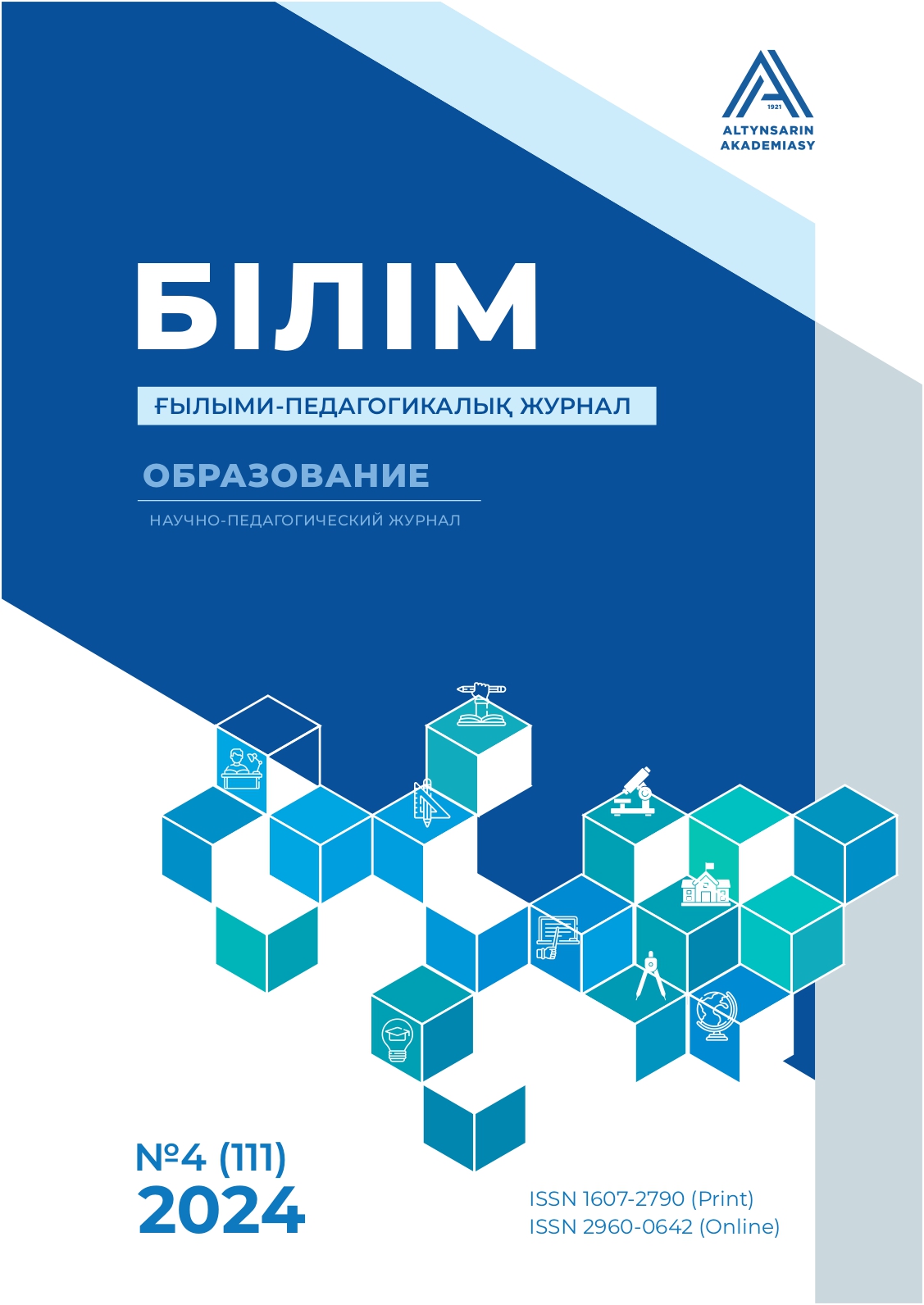Психологическое сопровождение детей с особыми образовательными потребностями в условиях инклюзивного образования
DOI:
https://doi.org/10.59941/2960-0642-2024-4-215-224Ключевые слова:
инклюзивное образование, психологическое сопровождение, особые образовательные потребности, учительская поддержка, родительское сотрудничество, индивидуальный подход, ресурсная поддержкаАннотация
Данная статья представляет собой комплексное исследование, направленное на выявление факторов успешного психологического сопровождения в инклюзивных классах. Используя комбинацию количественных и качественных методов, статья анализирует уровень удовлетворенности учителей, эффективность системы поддержки и потребность в дополнительных ресурсах. Кроме того, исследование включает интервью и наблюдения, выявляя роли сотрудничества, индивидуального подхода и доступности ресурсов. Выводы статьи подкреплены качественными результатами от педагогов, психологов и родителей, а обсуждение результатов сопоставлено с работами ведущих ученых в области инклюзивного образования. На основе выявленных факторов предложены практические рекомендации для улучшения системы психологического сопровождения, в том числе разработка индивидуальных планов, повышение доступности профессиональной поддержки и развитие коммуникационных навыков. Эта статья предоставляет важные научные выводы и практические рекомендации в область инклюзивного образования, обогащая понимание успешных стратегий психологического сопровождения и предоставляя основу для дальнейших исследований в этой области.
 ҚАЗ
ҚАЗ РУС
РУС ENG
ENG
